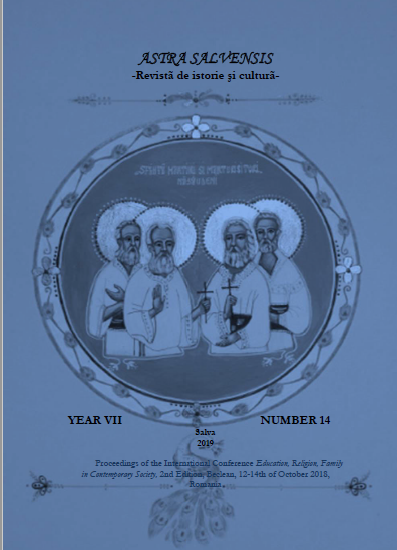Teachers' Perceptions of Their Relationships with Students with Special Educational Needs Included in Preschool Classrooms
Teachers' Perceptions of Their Relationships with Students with Special Educational Needs Included in Preschool Classrooms
Author(s): Luciana FrumosSubject(s): Social Sciences, Education, Preschool education
Published by: Asociaţiunea Transilvană pentru Literatura Română şi Cultura Poporului Român - ASTRA
Keywords: inclusive education; special educational needs; teacher-child relationship; teacher self-efficacy; preschool teachers;
Summary/Abstract: Accommodating young children with special educational needs may be a great challenge for preschool teachers. It is assumed that teacher-child relationship is generally important, but in the case of children with special educational needs supplementary concerns have been raised. Investigating the teacher-child relationship at risk can contribute to the quality of inclusive early childhood education because, for these children, a positive relationship with their teachers seem to play a particularly important role for their social inclusion and also for the learning outcomes. This study examined the perceptions of 83 preschool teachers who had in their classroom children with special educational needs. We analysed preschool teachers’ perceived conflict, closeness and dependency reported in their interactions with the students with special educational needs. The relationship between demographic factors and teacher-child relationship was also analysed. Results show that teachers have a conflictual and distant relationship with their students with special educational needs, younger children and boys being the most at risk groups. Teachers with a greater teaching experience have more positive and effective relationships with their students with disabilities. Significant correlations were found between teachers’ self-efficacy in inclusive practices and their perceived relationship with the students with special educational needs.
Journal: Astra Salvensis - revista de istorie si cultura
- Issue Year: VII/2019
- Issue No: 14
- Page Range: 45-57
- Page Count: 14
- Language: English

